
The Glossary
The Ultimate A-Z Glossary Of Beauty Terminology
Navigating the world of beauty can feel like decoding a complex language, with new ingredients and terms appearing almost daily. To simplify your shopping experience, we've curated The Ultimate Beauty Glossary—your go-to guide for all things beauty. Whether you're curious about AHAs, BHAs, or the latest skincare essentials like hyaluronic acid and niacinamide, we've broken down the essentials so you can understand exactly what you're putting on your skin. With this glossary in hand, you'll have the confidence to choose the right products and treatments for your unique needs, making your beauty journey smoother and more informed.
Antioxidants
are essential molecules that protect your body and skin from the damaging effects of free radicals, which can lead to premature aging, inflammation, and chronic diseases. Found in foods like fruits, vegetables, and green tea, as well as in skincare products, antioxidants like Vitamin C, Vitamin E, and Resveratrol neutralize free radicals, supporting collagen production, brightening skin tone, and defending against environmental stressors. Incorporating antioxidants into your diet and skincare routine helps maintain a youthful complexion, boosts immune function, and promotes overall health by reducing oxidative stress and inflammation. They are a cornerstone of both beauty and wellness strategies aimed at preserving vitality and longevity.
Bakuchiol
A plant-based alternative to retinol, bakuchiol offers similar benefits—like reducing fine lines and improving skin texture—without the irritation often associated with traditional retinoids. Suitable for all skin types, especially sensitive skin, bakuchiol has become a staple in gentler anti-aging routines.
Biomimetic Skincare
Biomimetic skincare involves formulations that mimic the structure and function of natural components found in the skin. By replicating these biological processes, such ingredients enhance the skin’s ability to heal and protect itself. Common biomimetic ingredients include peptides, ceramides, and certain hyaluronic acid derivatives.
Blue Light Protection
With increasing screen time, blue light emitted from devices has become a skincare concern. This high-energy visible (HEV) light can penetrate deeper into the skin than UV rays, leading to premature aging and hyperpigmentation. Ingredients like lutein, niacinamide, and antioxidants are commonly used in formulations to defend against blue light damage.
CoQ10 or Coenzyme Q10
Is a powerful antioxidant found in every cell of the body, essential for energy production and cellular function. As we age, natural levels of CoQ10 decline, leading to reduced energy and skin elasticity. Supplementing with CoQ10 can help combat these effects by boosting cellular energy, supporting skin repair and regeneration, and reducing the appearance of fine lines and wrinkles. Its antioxidant properties also protect the skin from oxidative stress caused by free radicals, helping to prevent premature aging and damage from environmental factors like UV radiation and pollution.
Beyond skincare, CoQ10 supplements are beneficial for overall wellness, particularly in supporting cardiovascular health and improving energy levels. They can also aid in muscle recovery, making CoQ10 a popular choice for maintaining vitality and overall health as we age. By incorporating CoQ10 into your supplement routine, you can enhance both your skin’s appearance and your body’s energy levels, contributing to a more youthful and vibrant you.
Exosomes
Exosomes are tiny vesicles secreted by cells that play a crucial role in cell-to-cell communication and tissue repair. In the realm of skincare, exosome-based formulations are gaining attention for their ability to deliver growth factors, peptides, and other active ingredients deep into the skin, effectively promoting cell renewal and boosting collagen production. This targeted delivery system allows for a more efficient and potent rejuvenation process, leading to improved skin texture, elasticity, and overall radiance.
However, while the potential benefits of exosomes in skincare are promising and have sparked significant interest, it’s important to note that clinical evidence supporting their efficacy is still relatively limited. Much of the current understanding comes from preliminary studies and anecdotal reports, and more rigorous, peer-reviewed research is needed to fully validate the claims made by exosome-based products. Despite this, the innovative nature of exosome technology continues to make it a popular and intriguing area of exploration in the quest for advanced skincare solutions.
Fermented Ingredients
Fermentation breaks down ingredients into smaller, more potent molecules, making them easier for the skin to absorb. Fermented extracts, often found in essences and serums, can boost hydration, soothe irritation, and enhance the efficacy of active ingredients. Popular fermented ingredients include fermented rice water and sake.
Green Tea Extract
Rich in polyphenols, green tea extract is a potent antioxidant and anti-inflammatory agent. It soothes irritation, reduces redness, and offers protection against free radical damage. It’s particularly beneficial for acne-prone and sensitive skin.
Hydroxy Acids (AHAs and BHAs)
AHAs (like glycolic and lactic acid) exfoliate the skin’s surface, while BHAs (like salicylic acid) penetrate pores to remove excess oil and dead skin cells. Both types of acids promote smoother skin texture, unclog pores, and reduce the appearance of fine lines and hyperpigmentation.
Hyaluronic Acid
Hyaluronic acid (HA) is a powerhouse hydrator, capable of holding up to 1,000 times its weight in water, making it essential for maintaining skin’s moisture, elasticity, and overall health. By attracting and retaining water, HA plumps the skin, smooths fine lines, and provides a youthful, dewy glow. However, the effectiveness of HA can be further enhanced through the use of multi-weight formulations, which incorporate varying molecular sizes to target different layers of the skin.
High molecular weight HA sits on the skin's surface, delivering immediate hydration and forming a protective barrier to prevent moisture loss, while low molecular weight HA penetrates deeper, ensuring long-term hydration without pulling moisture from deeper layers of the skin. This multi-layered approach ensures that your skin remains supple, smooth, and resilient, offering both immediate and lasting benefits that make HA a cornerstone of any skincare routine.
L-Ascorbic Acid
L-Ascorbic Acid is one of the most potent and biologically active forms of vitamin C, renowned for its ability to brighten skin, promote collagen synthesis, and reduce the appearance of dark spots. Its powerful antioxidant properties help neutralize free radicals, protecting the skin from environmental damage and premature aging. However, L-Ascorbic Acid is highly sensitive to light, air, and water, making it prone to oxidation, which can reduce its effectiveness hugely.
Whilst L-Ascorbic Acid can be highly effective, it can also be irritating to many, particularly in higher concentrations (typically above 6%). This irritation can manifest as redness, dryness and break-outs especially for those with sensitive skin or when first introduced to the ingredient. Vitamin C esters is a great alternative way to incorporate vitamin C without irritation.
Linoleic Acid (Vitamin F)
An essential fatty acid, linoleic acid plays a key role in maintaining the skin’s lipid barrier. It helps retain moisture, reduce inflammation, and promote even skin tone. It’s particularly beneficial for those with acne-prone or sensitive skin, as studies have shown that a deficiency in linoleic acid can contribute to breakouts.
Niacinamide (Vitamin B3)
Niacinamide is a versatile ingredient that strengthens the skin barrier, minimizes the appearance of enlarged pores, reduces redness, and balances oil production. It’s well-tolerated by all skin types and pairs effectively with other actives like retinol and vitamin C.
Omega-3's
Are essential polyunsaturated fats that offer a wide range of health benefits, particularly when taken as a supplement. Known for their powerful anti-inflammatory, vasodilating, anti-arrhythmic, and antioxidant properties, Omega-3s play a crucial role in maintaining cardiovascular health, supporting brain function, and promoting overall wellness. In the context of skin health, Omega-3s help strengthen the skin’s lipid barrier, improving moisture retention and reducing the risk of dryness and irritation. Additionally, their anti-inflammatory effects make them particularly beneficial for managing skin conditions like acne, eczema, and psoriasis, as well as for promoting a smoother, more resilient complexion.
In contrast to Omega-6 fatty acids, which are abundant in the modern diet and can contribute to inflammation when consumed in excess, Omega-3s help to correct this imbalance and restore a healthier ratio of these essential fats in the body. By increasing Omega-3 intake through supplements, you can counteract the pro-inflammatory effects of Omega-6s, leading to improved overall health and more balanced skin. The combination of these benefits makes Omega-3 supplements a vital addition to any wellness routine, helping to enhance not only your skin’s appearance but also your body’s ability to manage inflammation and oxidative stress.
Peptides
Peptides are short chains of amino acids that signal skin cells to produce more collagen, elastin, and keratin. By enhancing these structural proteins, peptides help firm the skin, smooth out fine lines, and improve elasticity. They are often found in anti-aging and skin-firming products.
Polynucleotides
Polynucleotides are naturally occurring chains of nucleotides (the building blocks of DNA) that have gained popularity in anti-aging skincare. They work by stimulating cell regeneration and improving skin elasticity. They’re known for their impressive ability to repair damaged tissue, making them effective for rejuvenation and wound healing.
Prebiotics and Probiotics
Prebiotics nourish the beneficial bacteria on your skin, while probiotics introduce more of these helpful microorganisms. Together, they maintain a balanced microbiome, which is essential for a strong skin barrier, reduced inflammation, and minimized irritation.
Retinol
Retinol, a powerful form of vitamin A, is celebrated for its scientifically proven ability to accelerate cell turnover, increase collagen production, and improve skin texture. Regular use of retinol helps diminish fine lines, wrinkles, hyperpigmentation, and uneven skin tone, making it a cornerstone of anti-aging skincare. However, due to its potency, retinol can cause irritation, especially for those new to the ingredient or with sensitive skin.
To reduce the risk of irritation, encapsulated retinol is often used in formulations. This technology delivers retinol more gradually into the skin, allowing for a slower, more controlled release that minimizes potential side effects like dryness, redness, and peeling. By starting with lower concentrations and gradually increasing usage, alongside the use of encapsulated retinol, you can enjoy the significant benefits of this ingredient with reduced discomfort.
Skin Barrier
The skin barrier is a critical protective layer that plays a fundamental role in regulating the interaction between our body and the external environment. Often misunderstood as merely the outermost layer, the skin barrier is actually a complex system composed of lipids, immune cells, and beneficial microorganisms. These components work together to lock in moisture, fend off harmful pathogens, and shield the skin from environmental aggressors such as pollution and UV radiation. When the skin barrier is compromised, it can lead to a cascade of issues, including dryness, irritation, increased sensitivity, and even more severe conditions like eczema.
Maintaining a healthy skin barrier should be a top priority in any skincare routine, as it is essential for preserving the skin’s overall health and resilience. Prioritizing ingredients that support barrier function, such as ceramides, fatty acids, and humectants, can help reinforce this vital defense system. By doing so, you not only protect your skin from external damage but also enhance its ability to retain moisture and maintain a balanced, healthy complexion.
Skin Cycling
Skin cycling is an intelligent and strategic approach to skincare that involves alternating active ingredients on specific days to maximize benefits while minimizing irritation. Typically, a skin cycling routine follows a four-night cycle: exfoliation on night one, retinoid application on night two, followed by two nights of recovery with hydration and barrier-repairing products. This method allows the skin to reap the rewards of potent actives like exfoliants and retinoids while giving it time to recover and strengthen, reducing the likelihood of over-exfoliation or sensitivity. By giving your skin a balanced mix of treatment and rest, skin cycling optimizes results and is an especially effective approach for those with sensitive or reactive skin who still want to incorporate high-impact ingredients.
Sulfates
Sulfates are foaming agents commonly found in main stream cleansers and shampoos. They effectively remove dirt, oil, and impurities, but can also strip the skin of natural moisture, leading to dryness and irritation, especially in those with sensitive skin.
Synthetic Fragrance-Free
Products labeled as synthetic fragrance-free are formulated without 'artificial' scents, which can be irritating to sensitive skin.
Tranexamic Acid
Tranexamic acid is a powerful ingredient known for its ability to reduce hyperpigmentation, melasma, and post-inflammatory marks. It works by inhibiting the pathways that lead to melanin production, making it a go-to solution for those dealing with stubborn dark spots and uneven skin tone.
Vitamin C Esters
Vitamin C Ester is a highly stable and advanced form of vitamin C known for delivering powerful antioxidant benefits without the common downsides associated with traditional vitamin C (ascorbic acid). Unlike its more volatile counterparts, Vitamin C Ester is a fat-soluble molecule, which enhances its stability and allows for deeper penetration into the skin. This results in a brighter, more even complexion without the risk of oxidation that can render some vitamin C products less effective over time. Additionally, Vitamin C Ester is gentle on the skin, making it an excellent option for those who experience irritation with other vitamin C formulations. Its intelligent design also helps reduce hyperpigmentation, boost collagen production, and improve skin elasticity, all while maintaining the long-term efficacy of the product.
Vitamin D
In skincare, vitamin D isn’t just about sun exposure—it’s also found in topical formulations that help boost skin health. Known for its role in skin cell growth, repair, and metabolism, vitamin D is particularly beneficial for soothing inflammation and promoting a strong skin barrier. This vitamin can support the treatment of conditions like eczema, psoriasis, and chronic dryness. It also plays a role in wound healing and helps protect the skin from environmental damage. Topical vitamin D is often found in creams and serums, particularly those designed for sensitive or compromised skin.
Vitamin E (Tocopherol)
Vitamin E is a powerful, fat-soluble antioxidant that plays a crucial role in protecting the skin from oxidative stress, which can lead to premature aging and damage. As one of the best antioxidants available, Vitamin E neutralizes free radicals, helping to prevent the breakdown of collagen and elastin, which are essential for maintaining skin's firmness and elasticity. In addition to its protective properties, Vitamin E is also known for its ability to support skin healing and barrier repair, making it particularly beneficial for soothing and nourishing dry or damaged skin.
Vitamin E is often combined with Vitamin C in skincare formulations, as these two antioxidants work synergistically to enhance photoprotection. This combination not only boosts the skin’s defense against UV-induced damage but also promotes a more resilient and youthful complexion. By incorporating Vitamin E into your skincare routine, you can effectively strengthen your skin's barrier, enhance its ability to heal, and protect it from the daily environmental stresses that contribute to aging.
Zinc Oxide
A mineral ingredient used in physical sunscreens, zinc oxide reflects UV rays away from the skin. Unlike chemical sunscreens that absorb UV radiation, zinc oxide sits on the surface of the skin, offering broad-spectrum protection against both UVA and UVB rays while being gentle enough for sensitive skin.













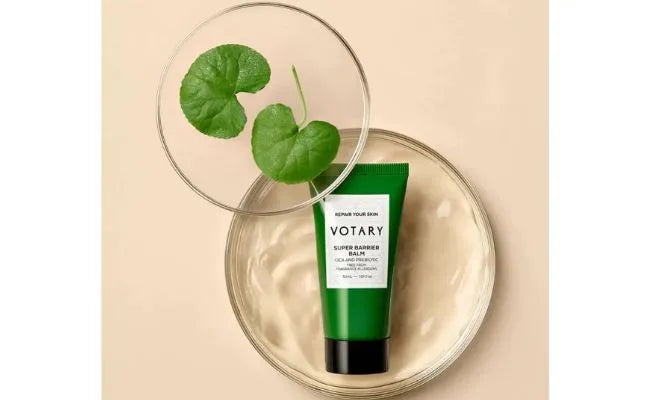
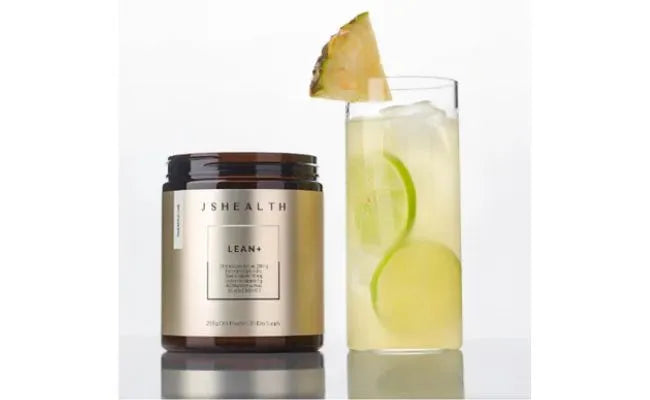

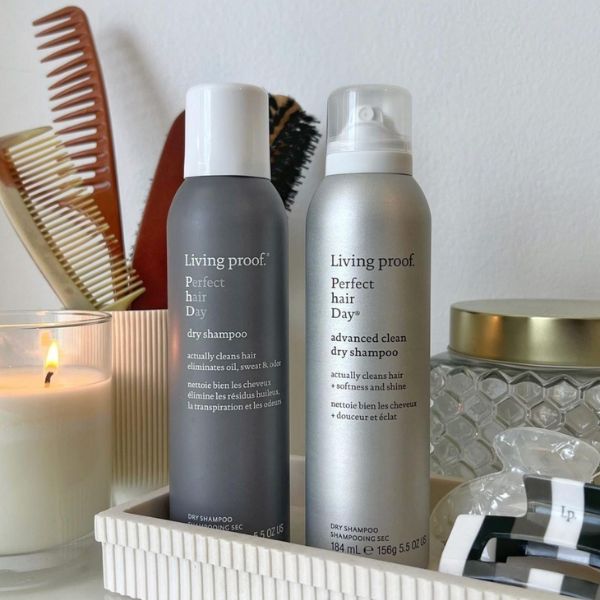
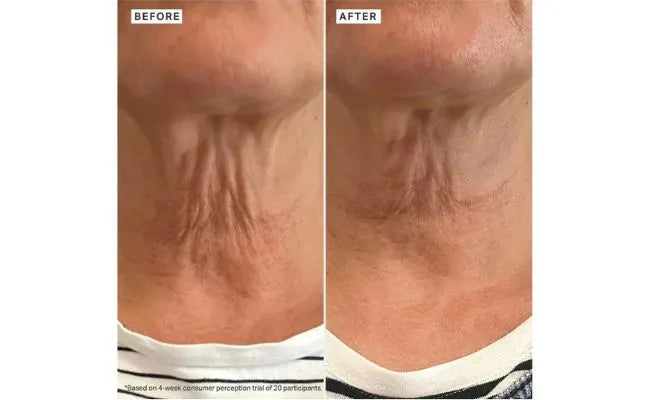
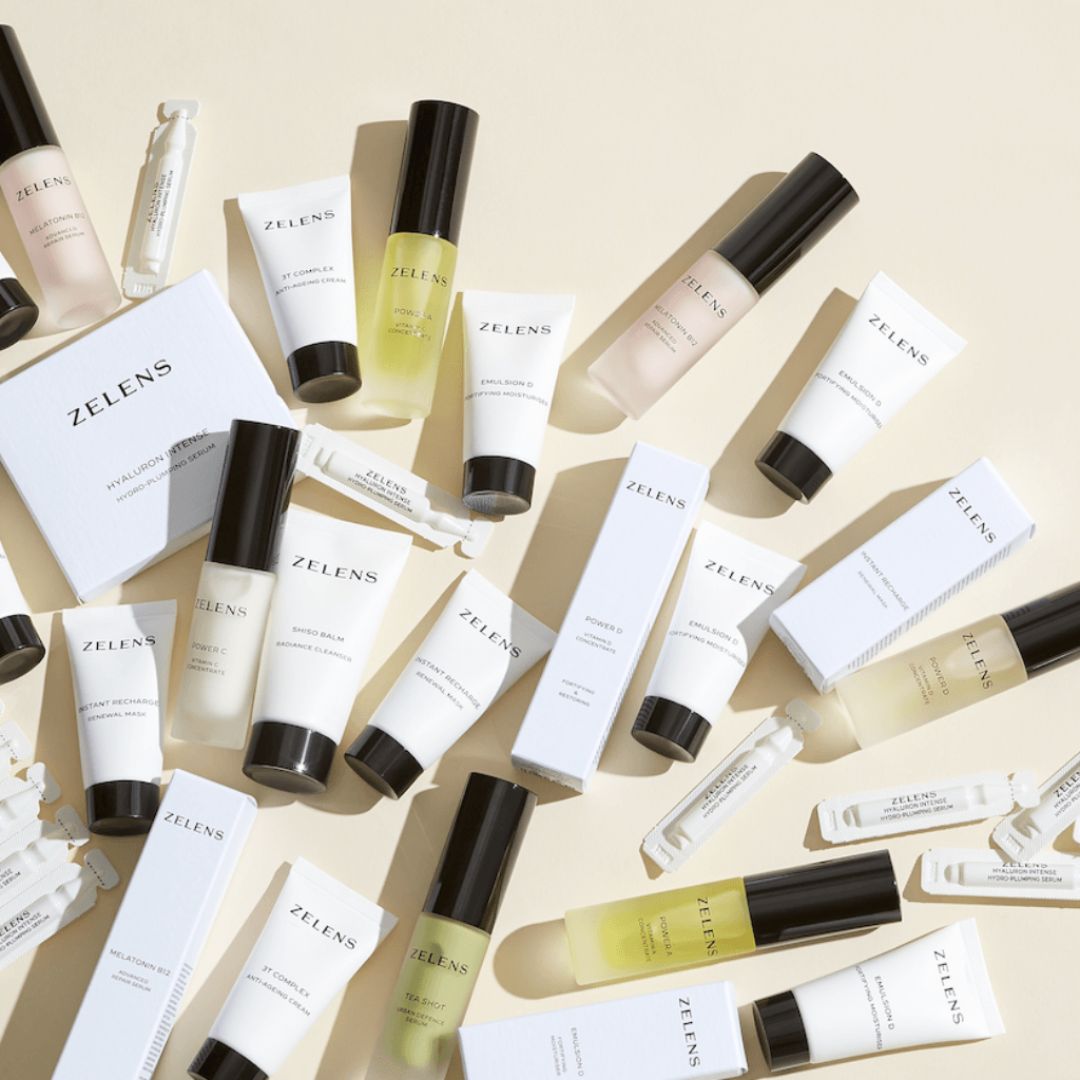


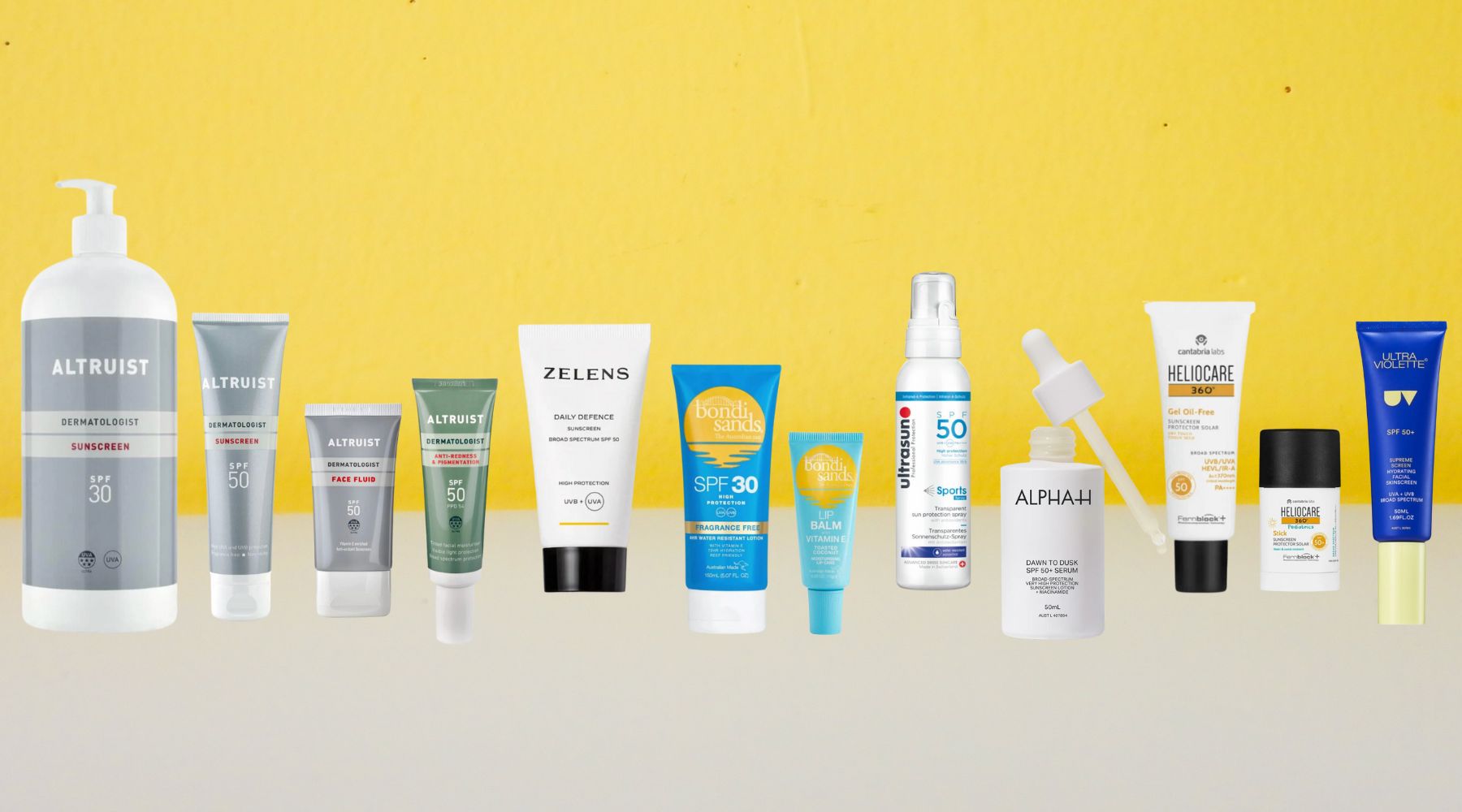

اترك تعليقًا
This site is protected by hCaptcha and the hCaptcha Privacy Policy and Terms of Service apply.